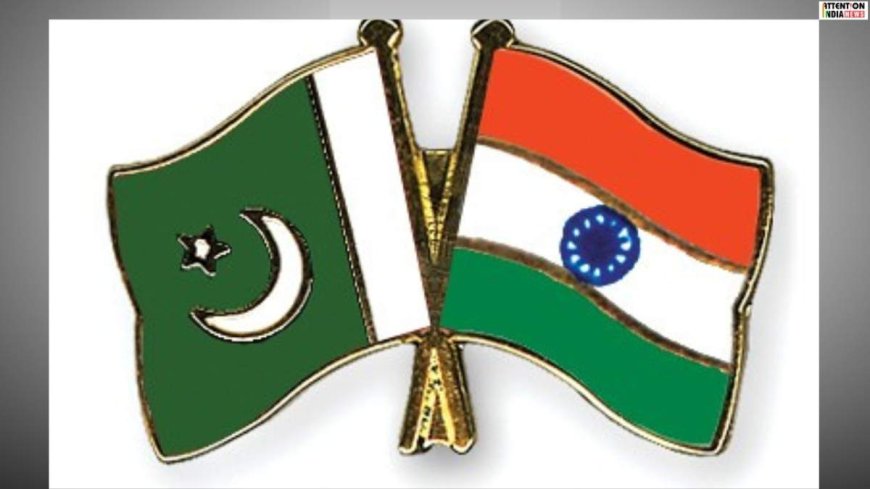Simla Agreement a “dead document ” says Pakistan’s Defence Minister Khawaja Asif
According to Khawaja Asif, Pakistan's defence minister, the 1972 Simla Agreement is a "dead document," and the country's stance on Kashmir would return to that of 1948.

New Delhi (India) June 6: The 1972 Simla Agreement has been deemed "a dead document" by Pakistani Defence Minister Khawaja Asif. It has marked a shift from decades of bilateral engagement with India to a multilateral approach to the Kashmir problem.
The minister stated on Wednesday on a private television channel that Pakistan had returned to its 1948 stand, when the UN established the Line of Control (LoC) as a ceasefire line instead of a de facto border.
He said, “The Simla Agreement is now a dead document. We are back to the 1948 position, when the United Nations declared the LoC a ceasefire line, following the ceasefire and resolutions”
India continues to support the Simla Agreement, which was signed after the 1971 India-Pakistan conflict. It was meant to be the cornerstone of a peaceful dispute resolution process between the two countries. It has obliged both parties to address the concerns through bilateral dialogue.
The Pakistani defence minister has also warned that there is still a chance of warfare with India due to the rising regional tensions.
He said, “Pakistan does not seek war, but if it is forced upon us, our response will be stronger than ever before.”
He revealed that Islamabad had updated the United States and the United Kingdom on the situation. Pakistan has also held talks with important regional and global stakeholders, including China and Gulf allies.
The Simla Agreement has been mentioned by Pakistani officials many times previously. Islamabad has expressed dissatisfaction with the bilateral arrangement over the last few years. It threatened to suspend the Simla accord last month. Pakistan has frequently brought up the subject in international conferences, despite India's insistence that all issues related to Jammu and Kashmir are entirely domestic.
India had launched air strikes on Pakistani terror groups and Pakistan-occupied Kashmir on May 7 after the Pahalgam terror incident. On May 8, 9, and 10, Pakistan made an attempt to strike Indian military areas. The acts of Pakistan were met with a strong response by the Indian side.
After discussions between the directors general of military operations of the two sides on May 10, the violence between the two sides came to an end with an agreement to cease military activities.
Aadrika Tayal

 Aadrika Tayal
Aadrika Tayal 





